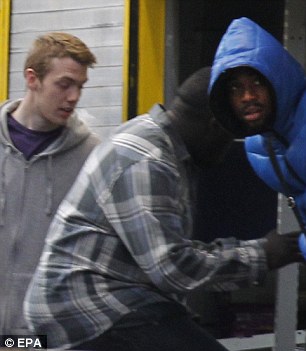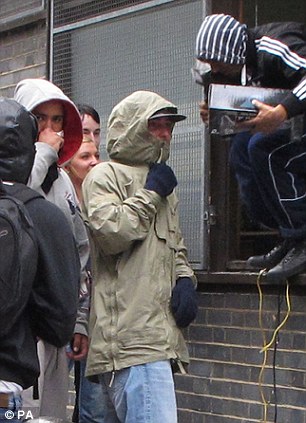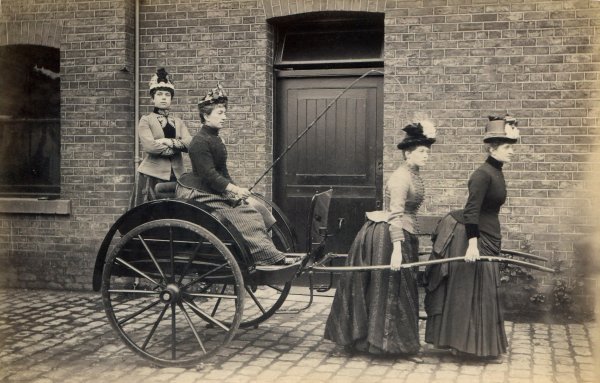Oh, I know it’s supposedly intended to prevent iPhone users from filming at concerts and thereby depriving the promoters and performers of theoretical income, but I’m sure the technology will be used — in addition to, or instead — as a way of preventing certain kinds of citizen journalism.
The leading computer company plans to build a system that will sense when people are trying to video live events — and turn off their cameras.
A patent application filed by Apple revealed how the technology would work.
If an iPhone were held up and used to film during a concert infra-red sensors would detect it.
These sensors would then contact the iPhone and automatically disable its camera function.
I mentioned my concern to Jon, who sent me the initial link saying, “That sounds like a straight-from-Steve-Jobs kind of ‘how can we make money from censorship’ brain fart. Want to bet that the next thing it’ll allow is governments to automatically prevent iPhone users from filming police ‘doing their job’?
“Literally ‘nothing to see here’, if the technology works as they imply in the article.”
His response: “My bet is that the government application is the first we’ll see of this technology, not the next.”
Update: Oh, good, it’s not just me seeing the cloud instead of the silver lining — here’s Tim O’Reilly with the same concerns:
Doubtless in response to pleas from the entertainment industry, Apple has patented new technology to disable cellphone video based on external signals from public venues. Now imagine if that same technology were deployed by repressive regimes. Goodbye to one of the greatest tools we’ve yet seen for advancing democracy.
Think for a moment about the pro-democracy impact of cellphone video combined with online services like YouTube [. . .] I hope Apple has the guts and good sense never to deploy this technology, and instead uses the patent to prevent it being implemented by others. Yeah, right! If it were Google, that might be more than a vain hope.
Update, the second: Cory Doctorow chimes in:
An Apple patent describes a system for allowing venue owners to override compliant cameras. The patent describes using an infrared signal that compliant cameras would detect; in the presence of this signal, the device would not allow its owner to activate its record function. It is intended for use at live events and galleries and museums, and it will be a tremendous boon to policemen who shoot unarmed subway riders, despotic armies putting down revolutions as well as anyone else who is breaking the law or exercising coercive power.









